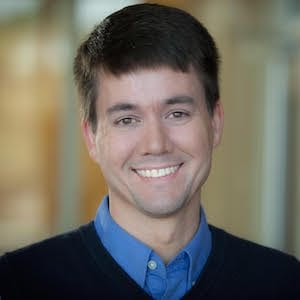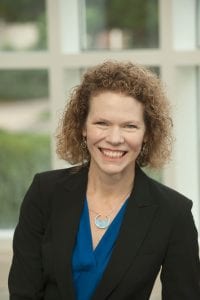 Assistant Professor Denisa Gándara in the Department of Education Policy and Leadership was interviewed by The Atlantic on state funding cuts to the University of Alaska system. Initially, the governor asked the university for $130 million in cuts, then negotiated $70 million over three years.
Assistant Professor Denisa Gándara in the Department of Education Policy and Leadership was interviewed by The Atlantic on state funding cuts to the University of Alaska system. Initially, the governor asked the university for $130 million in cuts, then negotiated $70 million over three years.
Gándara points out that both the state and the university have been relying heavily on revenues from the oil market, and not moving away from that dependence. The university should be emphasizing its role in educating students for non-oil dependent jobs, she says. Read more of her observations on the consequences of these cuts.










